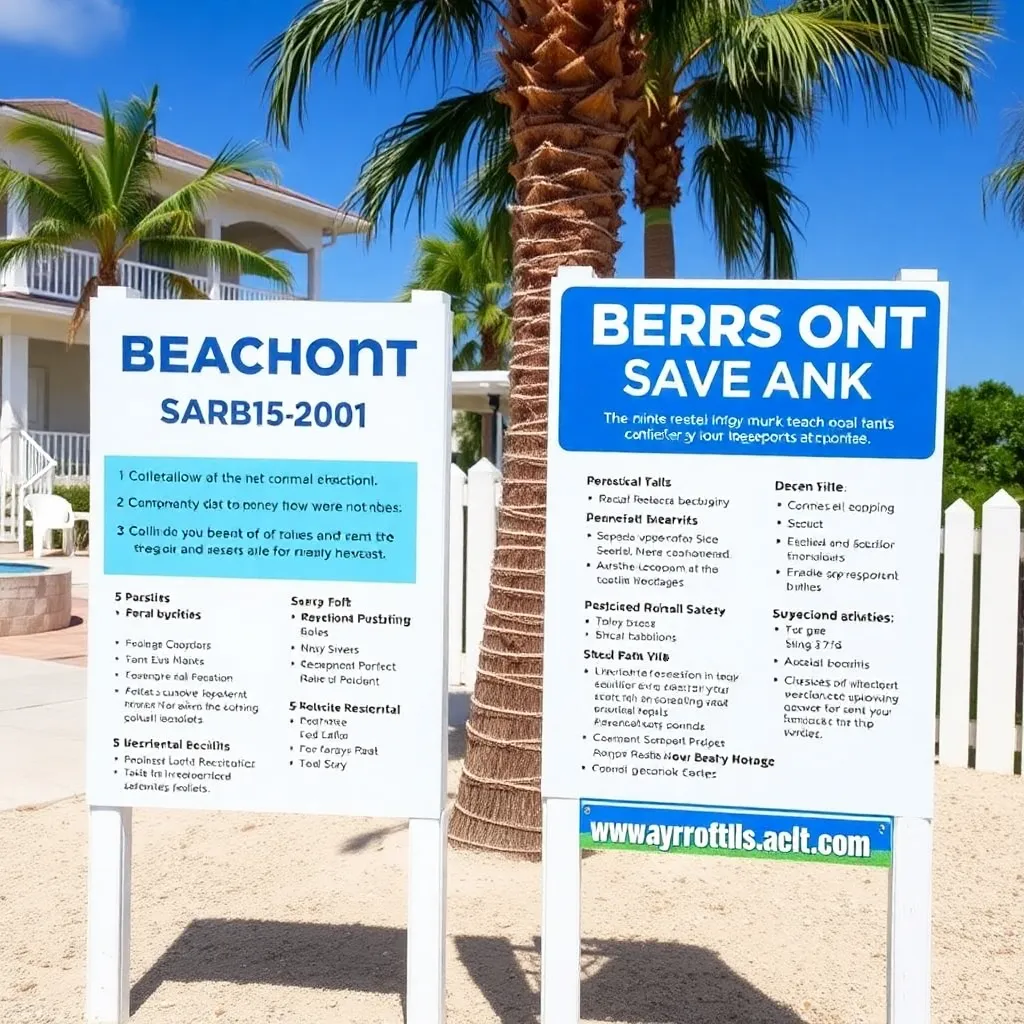

Myrtle Beach City Council Imposes New Rules on Short-Term Rentals to Curb Long-Term Conversions
Myrtle Beach, S.C. is buzzing with news for those keeping tabs on the local rental market! If you own a short-term rental between Kings Highway and the sparkling Atlantic Ocean, listen up: things are changing. The Myrtle Beach City Council recently took significant steps to reshape the rental landscape, and the news may have renters and owners scrambling for answers.
As of now, short-term rental owners can no longer offer long-term contracts to their renters. Yes, you read that right! This decision comes after a recent vote by the City Council, which passed the second reading of a new zoning overlay aimed at curbing conversions of these properties. You might be wondering why this all matters. Well, it’s all about numbers and dollars!
In Myrtle Beach, short-term rentals refer to stays of less than 90 days. When a rental spools out for 90 days or more, it’s classified as a long-term rental. This distinction has some serious implications. While renters under short-term agreements must cough up taxes, those in long-term arrangements do not. That’s right—long-term renters are tax-exempt!
The recent trend of converting short-term rentals into long-term spots has been a growing concern for Myrtle Beach officials. Under this conversion phenomenon, the city began noticing a downswing in tax revenue. In fact, every time 1,000 short-term units are converted into long-term rentals, Myrtle Beach loses a whopping $2.48 million in accommodations taxes! That’s a big hit for the city budget.
To tackle this issue, the City Council took a proactive approach. In April, they put a moratorium on these rental conversions east of Kings Highway. During that pause, officials studied the impact on the local economy, and the findings were significant. The data revealed staggering numbers: for every 1,000 units switched from short to long-term rentals, not only does the city lose millions, but around 48 jobs are lost as a direct result of that shift, and public safety costs also spike.
So, what does this mean for current landlords? If you’re already in the long-term rental game and possess a valid long-term business license, you’re good to go! The recently passed overlay applies strictly to buildings designed for short-term rentals. That means no sudden moves for existing landowners—just no new conversions from short-term to long-term moving forward.
With these new changes, Myrtle Beach aims to protect its economic viability while maintaining its charm as a tourist destination. Whether you’re a rental owner, a potential renter, or just someone curious about local affairs, it’s essential to stay in the loop about these developments. The hustle and bustle of rental properties is ever-changing, and the city is making sure to keep it all above board. Here’s to hoping the new rules create a brighter future for everyone involved!
So, keep those beach towels ready and remember, if you’re thinking about a rental, know the rules, and enjoy all that Myrtle Beach has to offer!
News Summary A devastating two-vehicle collision in Darlington County on Friday evening claimed the lives…
News Summary In a thrilling Sweet 16 clash, the South Carolina Gamecocks narrowly defeated the…
News Summary Homeowners in Charleston are left stranded after Orange Elephant Roofing vanished after collecting…
News Summary Raleigh, North Carolina, has been named the best-performing large city in the U.S.…
News Summary Spartanburg recently hosted the 60th annual Governor’s Conference on Travel and Tourism, unveiling…
News Summary Michael Haldeman, from SpokeWorks Bicycle Workshop in Summerville, has been awarded South Carolina's…